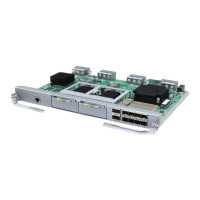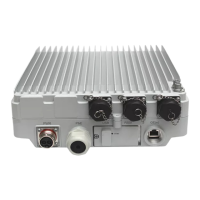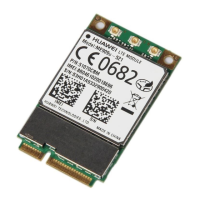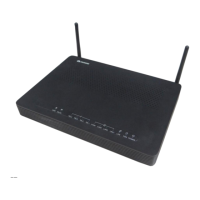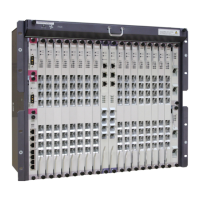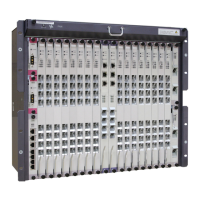UPS5000-E-(50 kVA-300 kVA)
User Manual (50 kVA Power Modules)
Huawei Proprietary and Confidential
Copyright © Huawei Technologies Co., Ltd.
If cables are prepared onsite, follow the three methods below:
Connect pin 1 and pin 2. Pin 1 connects to RS485+ and pin 2 connects to RS485–.
Connect pin 4 and pin 5. Pin 4 connects to RS485+ and pin 5 connects to RS485–.
Connect pins 1, 2, 4, and 5. Twist cables to pin 1 and pin 4 into one cable and then connect it to
RS485+. Twist cables to pin 2 and pin 5 into one cable and then connect it to RS485–.
2.4 Typical Configurations
Conceptual diagrams in this section are used as examples when no battery string is shared.
Table 2-9 describes typical UPS configurations.
Table 2-9 Typical configurations
A single UPS5000-E is applicable to scenarios with light loads.
Due to its modular design, the power will be redundant when
loads are light.
N+X parallel system,
where N is the
number of requisite
UPSs connected in
parallel, and X is the
number of redundant
UPSs
An N+X parallel system supplies power to important loads in
small- and medium-sized equipment rooms. It features high
reliability and powerful transient overload capacity.
1 ≤ N+X ≤ 4 (1 ≤ N ≤ 4, 0 ≤ X ≤ 3)
For example, in a 3+1 parallel system, three UPSs are requisite
and one UPS is redundant.
The dual-bus system is suitable for scenarios where high
availability requirements are posed for power supply. The
dual-bus system supplies power to important loads in large- and
medium-sized equipment rooms and data centers. In addition to
common parallel system advantages, the dual-bus system also
provides outstanding availability and eliminates bottleneck
failures. However, configuration of the dual-bus system is
complex.
The number of requisite UPSs and redundant ones can be set on the LCD and WebUI based on actual
requirements. A 1+1 parallel system is a typical configuration.
